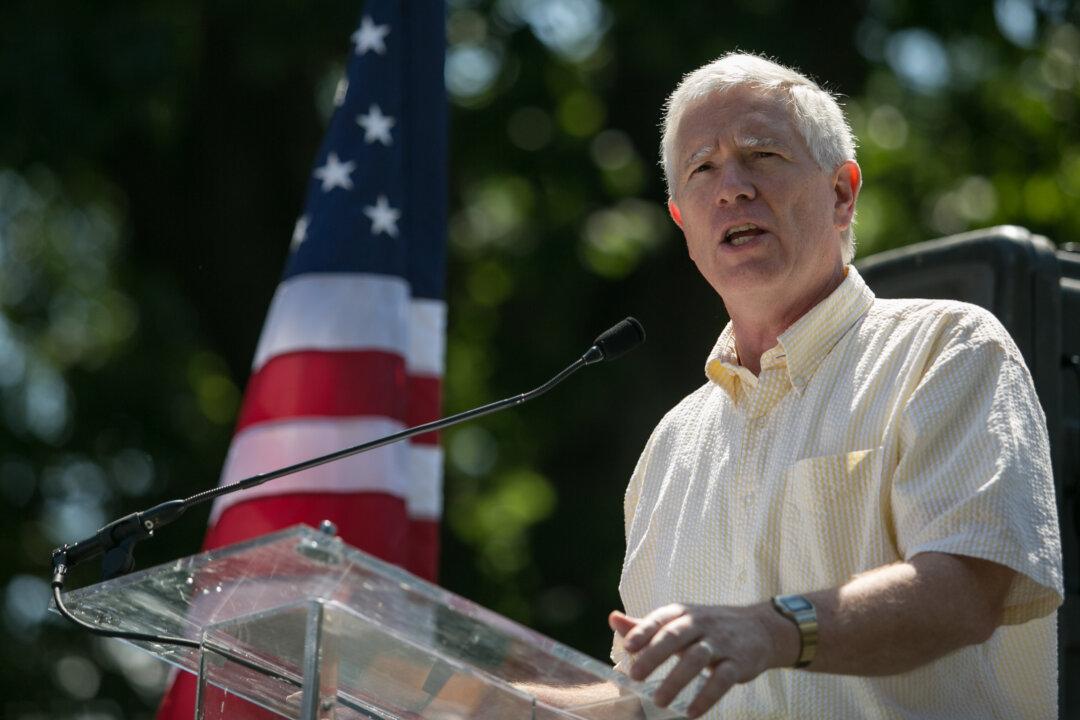The state of Alabama is suing the federal government over how it counts people in the census, claiming it will lose a seat in Congress because it has a low illegal-alien population.
The lawsuit, filed May 21, 2018, in U.S. District Court for the Northern District of Alabama, is garnering attention now after two federal judges permanently enjoined the Trump administration from adding a citizenship question to the 2020 census earlier this month.





